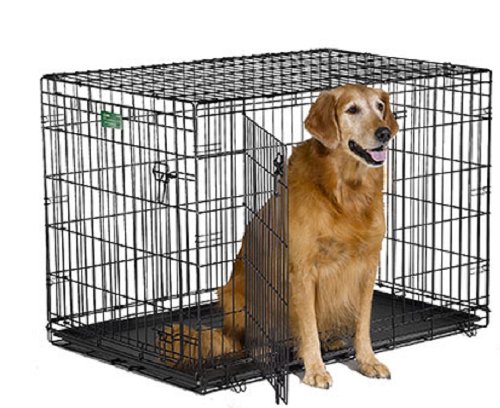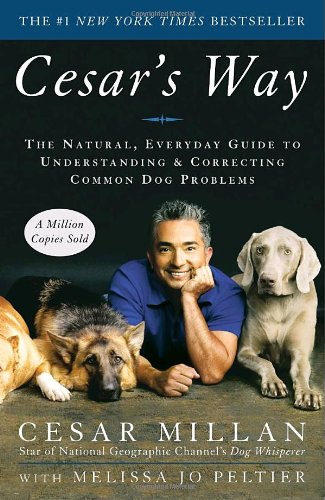Your dog's actions, happiness, longevity, health and overall well-being are inextricably connected with what you feed him. Dogs, just like everyone else, have precise nutritional needs. And, to make matters even more complex, the needs of individual dogs vary. For example, even though your first dog may have done magnificently well on a certain brand of dog food, it may be completely wrong for the dog you have now. So in this regard dog information is very critical.
The most common and visible symptoms of nutrition related deficiencies are allergies and there are different kinds of them. Since, most commercial foods are unfortunately key nutrition deficient and feeding your dog with such foods is making your dogs hypersensitive to its environment in the long run.
An unrecognized deficiency disease is another term for allergies. Try to look up enough dog information about this. When you are able to identify nutritional deficiencies, you will be able to save yourself a lot of frustration and you can adjust your dog's diet accordingly. Some good foods for your dog are Sojos food and pedigree dog food.
Not all dog foods are similar and there are enormous quality differences. There are so many choices accessible today that trying to make an informed decision regarding dog information can become an overwhelming task. Forget about what the advertisement says about how good this food is for your dog. You have to see the list of ingredients used. Also try to forget about price. It is seen that this works both ways. Just because it costs more doesn't automatically mean it's better than a less expensive variety, although of course price is one indicator to take into account.
Dogs are meat eaters, not vegetarians. Because dogs are carnivores, they need meat. Dogs' teeth differ from ours in that they are made to shred and tear meat, as opposed to chewing foods. Where human teeth have flat surfaces to grind foods, dogs' teeth do not. Human digestion begins in the mouth, but dogs begin the process of digestion on the stomach, after the food is swallowed. Canine enzymes are specific to processing meat and raw foods, so there is no question that dogs are meant to eat meat.
For the proper functioning of a person's dog's body cells, each cell requires forty five nutrients. The protein for these cells should consist of nine to twelve amino acids, vitamins, fat, water and minerals. These nutrients should exist in proper proportion for the chemical reaction of good absorption, digestion, transportation and elimination.

 Looking for a Friend: Why the Boxer Might Be Perfect For You
The Typical Greeting of a Boxer
Looking for a Friend: Why the Boxer Might Be Perfect For You
The Typical Greeting of a Boxer
 Top 5 Tips On Crate Training a Puppy
Credit: Paige Maguire
Top 5 Tips On Crate Training a Puppy
Credit: Paige Maguire
 Dogs :: Dog Ears Can Be a Real Trouble Spot (Page 1 of 2)
For such a proportionately small area of your dog抯 body, ear
Dogs :: Dog Ears Can Be a Real Trouble Spot (Page 1 of 2)
For such a proportionately small area of your dog抯 body, ear
 Designer Doggy Wear
Pampered PoochesWeve all seen them right? Little doggie
Designer Doggy Wear
Pampered PoochesWeve all seen them right? Little doggie
 Alabama Rot and the Danger of Dog Walking
Credit: Copyright of iStockphoto. All rights
Alabama Rot and the Danger of Dog Walking
Credit: Copyright of iStockphoto. All rights